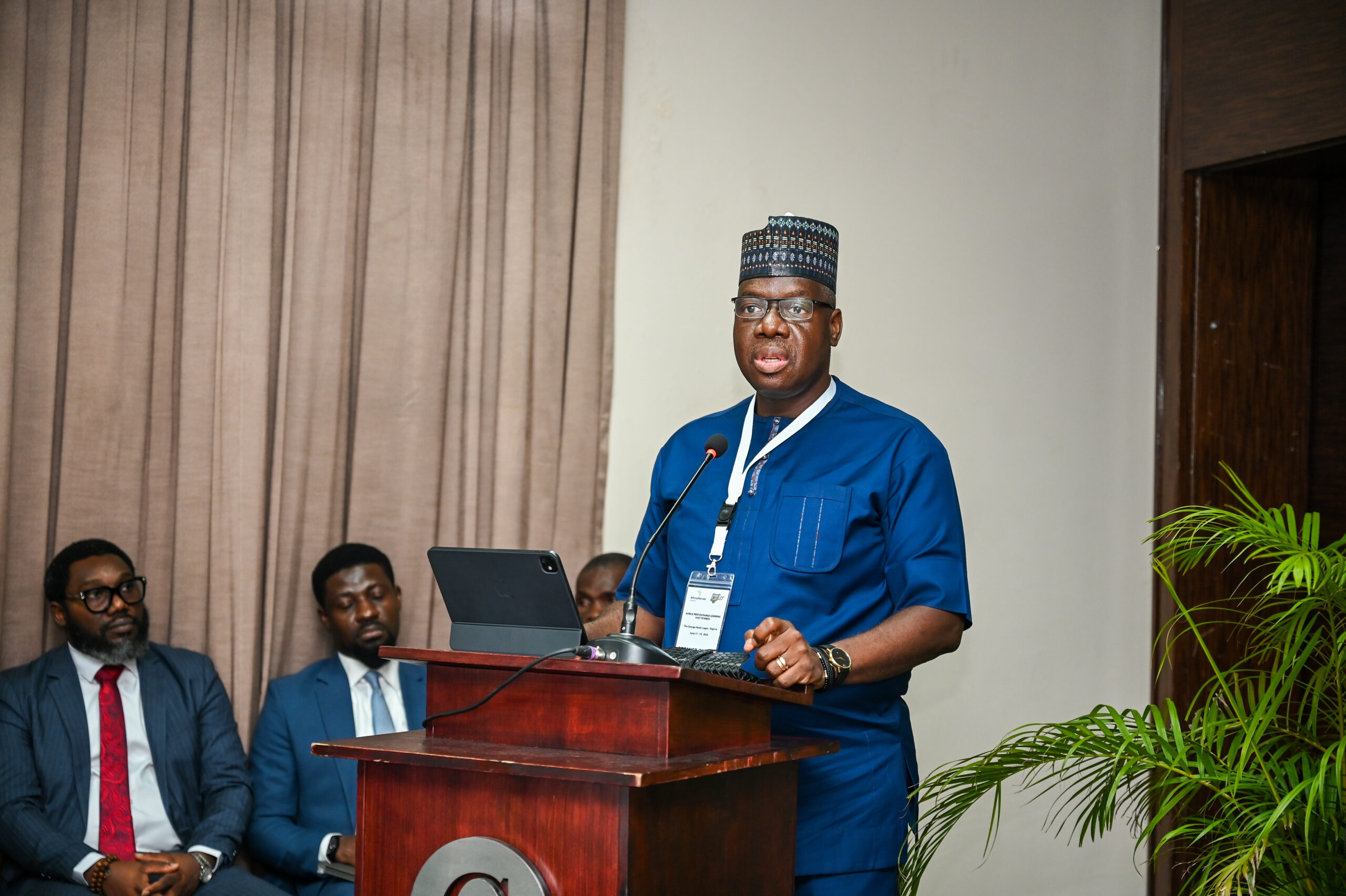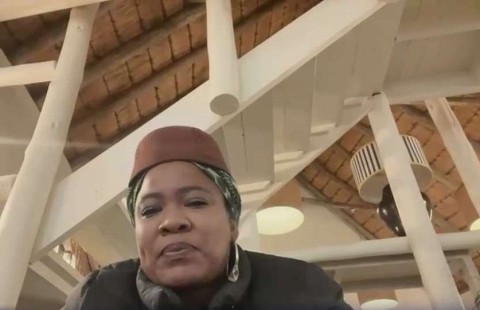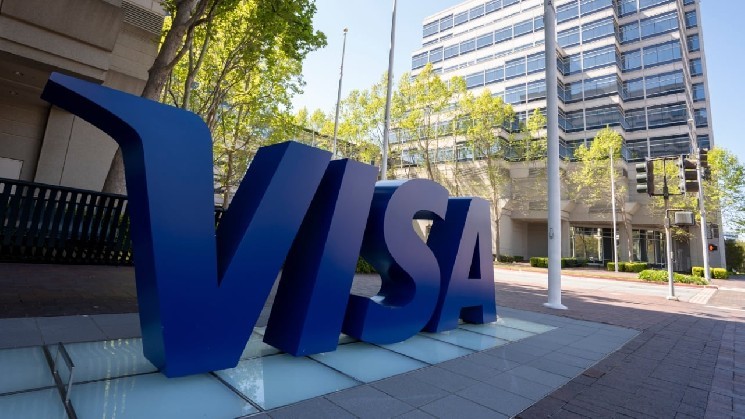Africa's next creative boom comes from animation as Iyanu takes charge
In recent years, the world has witnessed a surge in interest and demand for African stories, works, and creatives. This development spans various sectors of the creative industry, from music to photography, movie, fashion and mixed media.
Given the upward trajectory, a new wave —animation— driven by factors such as increased access to technology, growing Internet penetration, and a youthful demographic that is receptive to new forms of entertainment is emerging in the heart of Africa’s creative industry..
As a dynamic and captivating medium of storytelling, animation transcends borders and cultures, offering a medium for creators to bring their unique stories to life. The industry has witnessed significant growth globally in recent years.
While the Western animation industry has traditionally dominated the scene, other regions, including Africa, which has its roots in the mid-20th century thanks to trailblazers like Moustapha Alassane, a Nigerian artist and filmmaker who pioneered traditional animation techniques have been making strides in establishing their presence in the animation market.
Alassane’s 1966 film La Mort de Gandji (The Death of Gandji) is a landmark work, marking one of Africa’s first animated films and highlighting the continent’s animation potential.
With a steadily growing market size, Africa’s animation industry, though smaller, is growing and holds potential for future growth. Though it trails behind global animation powerhouses like the US, Japan, and South Korea that have a strong track record of producing popular animated content and commands a significant portion of the global market.
The industry is gaining momentum by the day. With a rich history in storytelling and a growing talent pool, the continent is poised to become a major animation hub, captivating global audiences with its unique stories and perspectives.
This growth and development have been greatly influenced by advances in technology. From the bustling cities of Lagos (Nigeria), Accra (Ghana), Nairobi (Kenya), Cape Town (South Africa), and other African hubs, a quiet regime change is unfolding; a new generation of digital artists and content creators are harnessing the power of creativity and technology to redefine the continent’s narrative.
Though South Africa leads the animation industry in Africa, boasting top studios like Triggerfish Animation Studios, Aardman Animations, and Boulder Media; the country is also rich in skilled animation talent, thanks to its excellent animation schools.
Nigeria, however, is a standout player in the continent’s rapidly growing animation sector. Leveraging its thriving entertainment industry, the country’s animation studios have gained traction, producing content that resonates with audiences both locally and globally.
Today, over 100 animated films and TV shows featuring African stories are produced annually. While titles such as Supa Team 4, Malika: Warrior Queen, Iwaju, and Iyanu – a fantasy animated adventure series created by award-winning Nigerian filmmaker and author Roye Okupe – have gained international recognition, many of these productions are developed or co-produced by international studios, often in collaboration with African creators.
The highly anticipated animated series, Iyanu, made its African debut on Showmax on Friday, June 13, bringing with it a storm of action, culture, and heroism that has captivated audiences across the world.
Drawing from Nigerian culture, music, and mythology, Iyanu is a superhero tale set in the magical kingdom of Yorubaland. The series follows a teenage orphan girl who discovers she has divine powers and embarks on a journey to save her people from an ancient curse.
With an all-Nigerian cast and a team of African writers, directors, and producers, Iyanu is a shining example of African creativity and innovation. Studios like Spoof, Magic Carpet, Comic Republic, Anthill, and others are already doing incredible work and breaking glass ceilings.
Roye Okupe, the creator, showrunner, and executive producer of Iyanu, has been a driving force behind this movement. For Okupe, the current boom in African animation is just the beginning.
He is optimistic about the future, as he said, “Nigeria and African animation is booming; I have no doubt that in the next five years they will be making even bigger waves on the global stage.”
“With the right support, my hope is that we won’t just supply content for the world — we will build an industry that trains, employs, and uplifts the next generation of African animators and storytellers,” Okupe added, reflecting on the industry’s trajectory.
The authenticity of Iyanu is a deliberate choice. For Okupe, centering Yoruba mythology and Nigerian culture was non-negotiable. “It’s very important. I’m Yoruba after all. Authenticity is something I take very seriously. Thankfully, I was fortunate to have partners who shared that commitment,” he explains, highlighting the importance of cultural integrity in his work.
This commitment to authenticity was supported by Lion Forge Entertainment, the animation studio behind Iyanu, and Cartoon Network/Max, the U.S. distributors. Okupe emphasises how critical it was to have Nigerian and African voices represented both on and off screen:
“From the very beginning, one of my top priorities was the voice cast. It was extremely important to celebrate Nollywood and African voices, both from the continent and the diaspora.”
“We also brought on Godwin Akpan—who illustrated Volume 1 of the Iyanu graphic novel—as Art Director, and Femi Agunbiade, a longtime friend and brilliant composer, as Lead Composer, with support from BlakWater Studios,” he explains, underscoring the collaborative nature of the project and the emphasis on African talent.
As Iyanu garners international acclaim, its impact extends beyond entertainment. The series is seen as a catalyst for Africa’s creative economy, especially in animation and related industries. Okupe is hopeful that the show’s success will inspire more investment in African stories.
“It’s hard to predict with certainty, but my hope is that the success of Iyanu—not just in Africa, but globally—inspires more studios, streamers, investors, and corporations to take a chance on African stories,” he said.
He believes that Iyanu is proof that African stories, told by African creators, can compete with the best global content. The series brought Nigerian and African creatives into key roles, demonstrating the power of meaningful participation behind the scenes:
“Iyanu is a living example of what’s possible when local creativity is given the right global infrastructure. From voice talent to art direction to music composition, it brought Nigerian and African creatives into key roles. That’s the real impact—not just representation on screen, but meaningful participation behind it,” Okupe enthused, expressing gratitude to Lion Forge Entertainment for supporting the vision and taking a chance on African talent.
The global distribution of the film—across Africa, the US, and Europe—has been a game-changer for African content in the entertainment industry. For Okupe, this international rollout is both a personal milestone and a broader statement about the universality of African stories.
“It’s huge—really huge. And it’s something I personally don’t take for granted. From day one, I have always said that while we are incredibly proud of how authentically the film reflects Nigerian—and more specifically, Yoruba—culture. Iyanu is for everybody.
“I fell in love with ‘Spider-Man’ as a kid not because of where he was from, but because of who he was—what he stood for,” the award-winning filmmaker shares, drawing a parallel between his own childhood inspirations and the universal appeal he hopes Iyanu will have.
Okupe wants viewers from all backgrounds to see themselves in the show’s characters, reinforcing the idea that African stories are not niche—they are necessary and belong on the world stage.
He believes that African stories and creators bring a distinct flavour to global animation, infusing it with the continent’s rich cultural heritage, history, and mythology. This unique perspective injects fresh ideas into the landscape and offers a depth of storytelling the world is only beginning to discover.
The global animation market is estimated at $373.23 billion in 2024, with a projected CAGR of 5.40 per cent between 2025 and 2034. With a market value estimated at $12.3 billion in 2022, and projected to reach $13.2 billion by 2028 with a eight per cent CAGR, the African animation industry is experiencing significant growth.
Nigeria’s animation industry which is still developing is a key player in this growth with a 3D animation market already valued at over $100 million and expected to grow at a CAGR of over 20 per cent.
Looking to the future, Okupe is confident that more African-led animation projects will follow in Iyanu’s footsteps. He encouraged aspiring creators to remain authentic and resilient.
“My advice! Stay true to yourself and tell the stories you want to see. While it’s good to look at trends, try not to get too lost in predicting what you think people want to see. And lastly, don’t be afraid to fail. You learn more from failure than success. But at the same time, don’t take stupid risks. Balance is key,” he advises, offering practical wisdom for the next generation of African animators.
Despite the optimism, Okupe acknowledged the challenges facing the animation industry in Nigeria and Africa, pointing funding as chief among them. He noted that animation production is costly and time-consuming, and many local studios lack the resources to develop, pitch, and refine their ideas like international studios do. He suggests a multi-pronged approach.
“To overcome this, we need investment, yes, but we also need patience and systems that support development from idea to execution. Co-productions and strategic partnerships could also be very helpful.
“Governments, corporate entities and private investors, should play big in supporting African animation. It’s not just art, it’s industry. If supported in the right way, everyone wins,” Okupe states, highlighting the need for a supportive ecosystem to sustain growth.
As the industry expands, it brings with it substantial economic benefits, including job creation, increased exports of contents, and the development of a skilled workforce. This potential is affirmed by Nissi Ogulu, founder Creele Animation Studios.
She said, “I truly believe that for this generation and the future, leading an industrial animation development push is crucial. Animation is not just about entertainment—it is a powerful driver of economic formation in the knowledge, leisure, and entertainment economy.
“Animation is like crude oil: within it lie economic-shifting derivatives. When fully harnessed, it fuels growth in industries like film, edtech, gaming, healthcare, and more. Just like crude oil transformed economies, animation has the potential to propel Africa’s creative industries to new heights.”
“To unlock this opportunity, animation in Africa must be developed on an industrial scale. This will empower millions, open new markets, create jobs, and establish Africa as a major player in global storytelling.
“Right now, Africa is sitting on hundreds of billions of dollars in untapped creative value. Consider this: Africa’s youth population is a major driver of mobile technology, gaming, and animation. 70 percent of Africa’s population is under 30, with 60 percent under 25,” Ogulu added.
Speaking further, the founder, who is also a music artiste, notes that between 2015 and 2018, 86 per cent of people aged 15 to 29 owned a mobile phone, fueling the gaming industry, which generated $1.8 billion in 2024.
“These trends create significant opportunities for animation-driven sectors like edtech and healthcare to engage this massive, tech-savvy audience. At Creele, our goal is to produce indigenous African content for a global audience-sharing Africa’s rich and diverse stories with the world.
“With continued support in funding, training, and partnerships, African animation can unlock billions in untapped creative value and establish itself as a global powerhouse in storytelling.”
To sustain and accelerate this growth, investments in infrastructure, education, and distribution networks will be essential.











